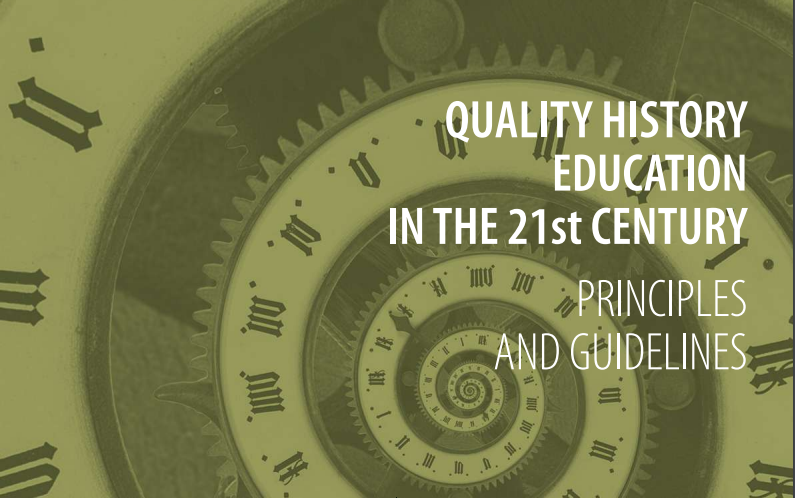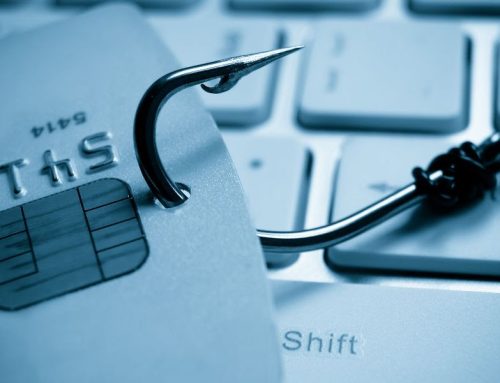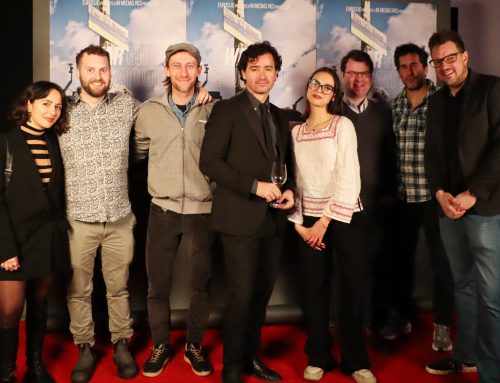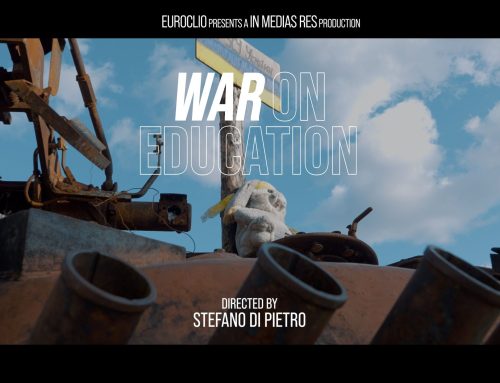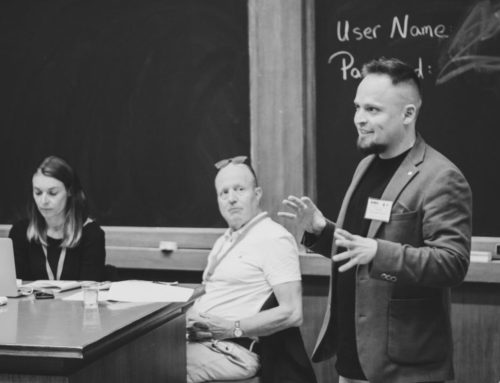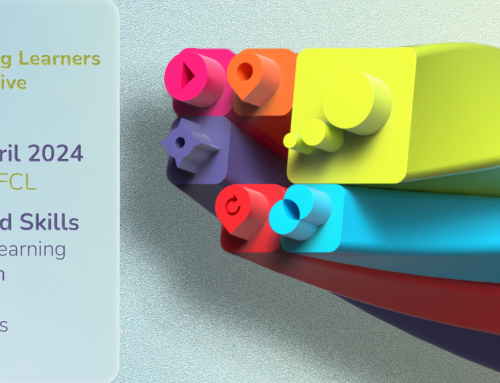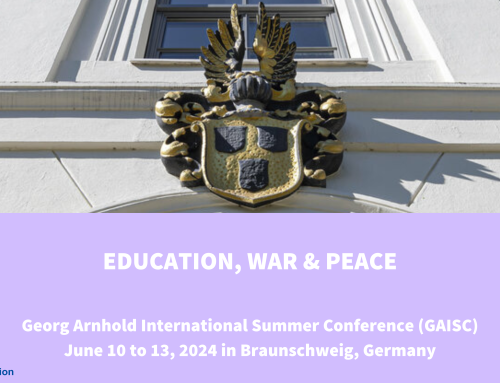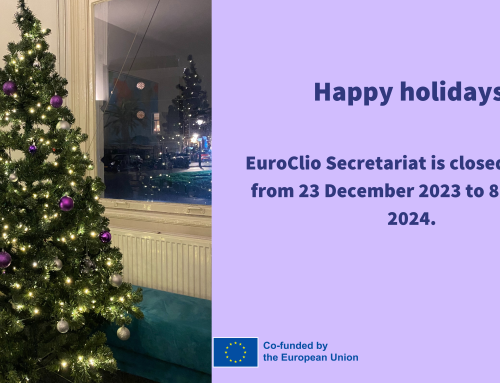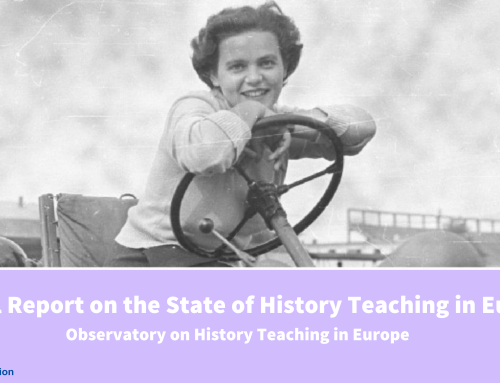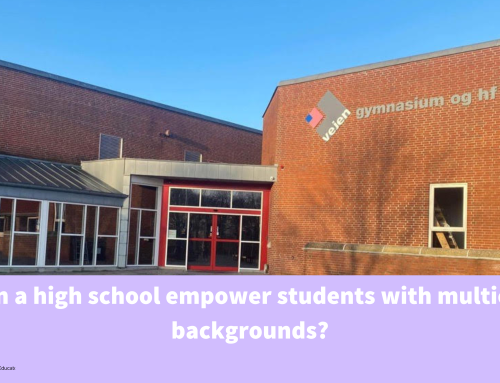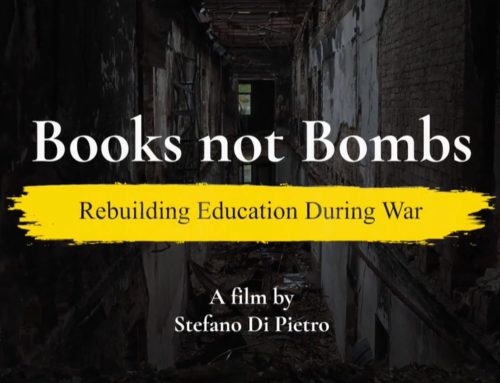A small group of Council of Europe experts, and at times involving key stakeholders from the regional seminars, prepared questionnaires before the four regional seminars took off, analysed the results in between, and sought to integrate all findings into a common view – ultimately resulting in the new Guidelines on Quality History Education. Two key challenges were overcome in the creation of these guidelines.
First there was the challenge to find out what messages have been common from all the countries which participated. This was done by having clear themes and subthemes defined from the onset, and with the questionnaire results at hand, themes which were more important for some and less for others could be positioned better in the guidelines. In addition the thematic approach, it was also early on agreed that these guidelines would centre on only a couple contextual issues: curricula, teacher training and assessment.
The second challenge was related the need to not re-invent the wheel. There is much literature and there are many projects in the field of innovating history education. The guidelines are commissioned by the Council of Europe Member States and their ministers, and are aimed mainly at a policy audience. As such, the central aim became to issue a document which would reflect the field’s overall state and translate into clear cut guidelines which illustrate how history education, as a separate subject in school education can contribute to the shaping of inclusive society.
It is now hoped that all involved individuals, but even more so the history teachers associations connected in EuroClio, will highlight these inter-governmental guidelines in their conversations with national educational authorities. The challenges we are facing in Europe are similar (digital age, polarisation, sensitive (historical) issues and migration), and the history education sector, including the policy makers themselves, have all contributed to the creation of these guidelines. So it is now for all available to work for the further implementation of them.
The guidelines reflect essential values put down in the EuroClio Manifesto. EuroClio supported the creation of these guidelines. Now it will work to push them further ahead.
Download the full text here.
This article was written by Jonathan Even-Zohar.

